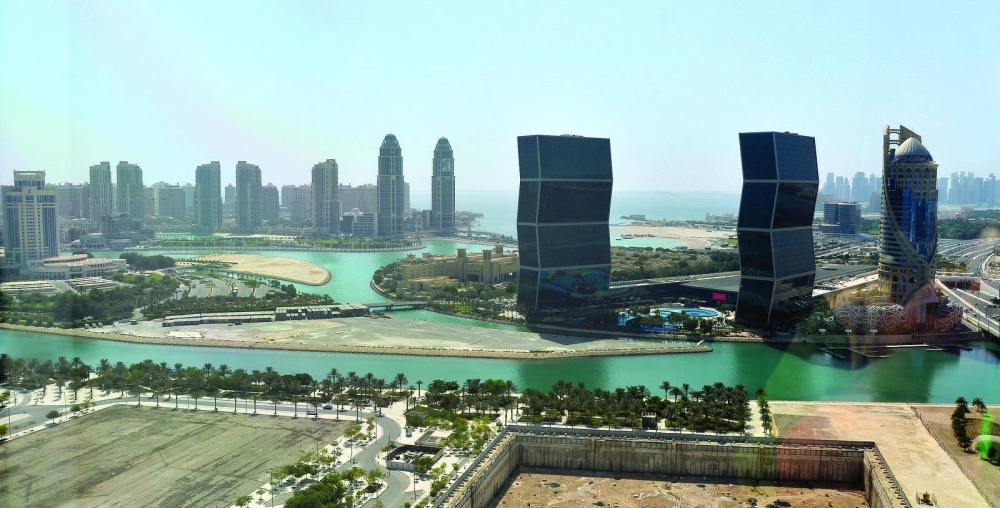Qatar has one of the highest institutional and governance scores within the Gulf and wider Middle East and North Africa (Mena) regions to manage water-related challenges, even as the Gulf Co-operation Council (GCC) needs "significant" additional investments for water infrastructure, according to Moody's, a global credit rating agency.
In general, sovereigns with stronger institutions and governance frameworks and those with larger fiscal resources (lower debt levels and substantial government financial assets) will be better prepared to mitigate the effects of water stress, manage water scarcity, and adapt to the longer-term impact of climate change and global warming on freshwater availability, Moody's said in its latest report.
"In our institutional strength and governance scores, the sub-score for quality of legislative and executive institutions in particular is a good proxy for such preparedness, which is highest in Qatar, Saudi Arabia, the UAE, Jordan and Morocco and lowest in Iraq, Lebanon and Kuwait," the rating agency said.
These scores are broadly consistent with readiness for adaptation to the negative impact of climate change as estimated by the Notre Dame Global Adaptation Initiative, reflecting a country's ability to leverage investments and convert them to adaptation actions.
Moody’s said “significant" additional investments are required for water infrastructure in the Gulf region, where water management risks are mitigated by higher per-capita incomes.
"In the energy-abundant GCC, risks are mitigated by higher per-capita incomes, implying lower dependence on domestic agricultural output, and the capacity to supplement renewable water resources with energy-intensive seawater desalination," the rating agency said.
However, even in the GCC, improving water security will require "significant" additional investments in water infrastructure, it said; adding water-related exposures are largest for sovereigns with lowest per capita incomes.
The GCC governments have greater fiscal capacity to support large-scale desalination and water treatment projects; as such, in many of these countries, water for agriculture is increasingly supplied from treated municipal wastewater and from desalinated seawater, which reduces pressure on renewable freshwater resources, it said.
By contrast, middle-income Egypt relies almost entirely on withdrawals of external surface water (from the Nile, which flows from Sudan) for direct and agricultural use: its cereal production is almost entirely dependent on irrigation.
The smaller size of agricultural sectors, which consume by far the largest share of water resources, is reflected in the significantly higher water productivity in the GCC vis-à-vis the rest of Mena.
In response to extreme water stress, the GCC countries became early adopters of desalination and wastewater reuse technologies, and started investing in these water scarcity solutions in the 1980s.
As a result, nearly half of the world's desalination capacity is currently based in Mena (48%), with Saudi Arabia (15.5%), the UAE (10.1%) and Kuwait (3.7%) accounting for some of the largest shares.
Some GCC countries, including Qatar, Bahrain and the UAE, currently meet more than 40% of their total freshwater demand from desalination.
Business
Qatar institution and governance scores 'highest' within GCC, Mena to manage water-related challenges: Moody’s

Qatar has one of the highest institutional and governance scores within the Gulf and wider Middle East and North Africa regions to manage water-related challenges, according to Moody's. PICTURE: Shaji Kayamkulam

